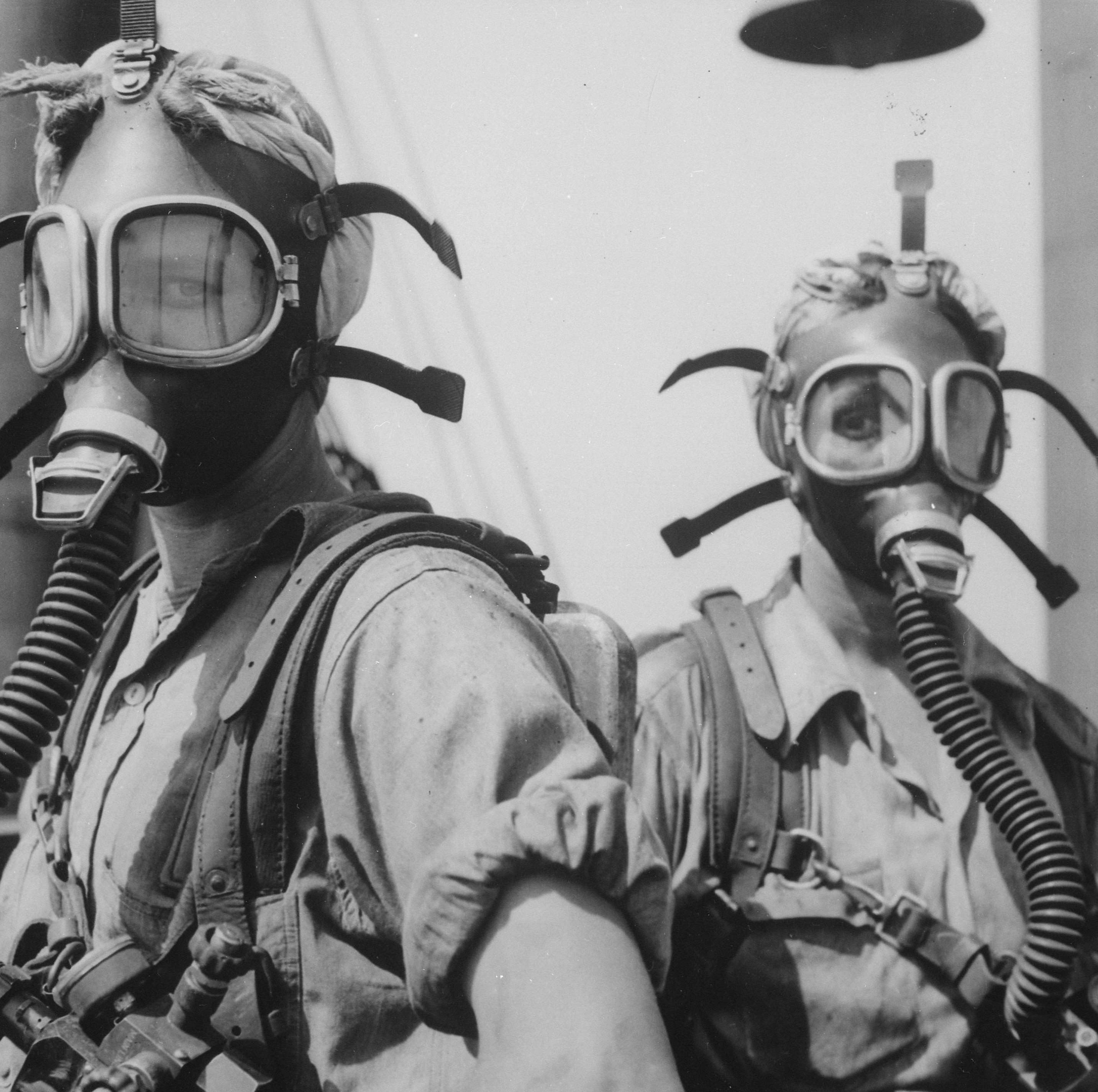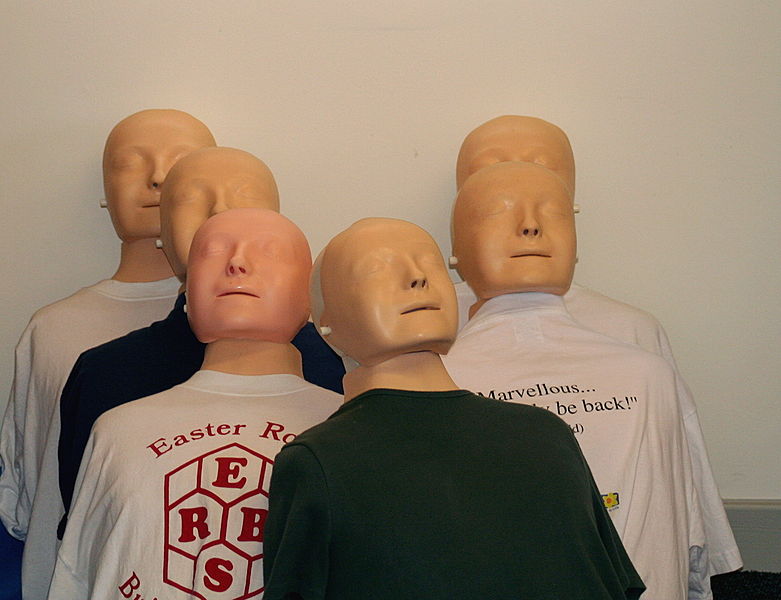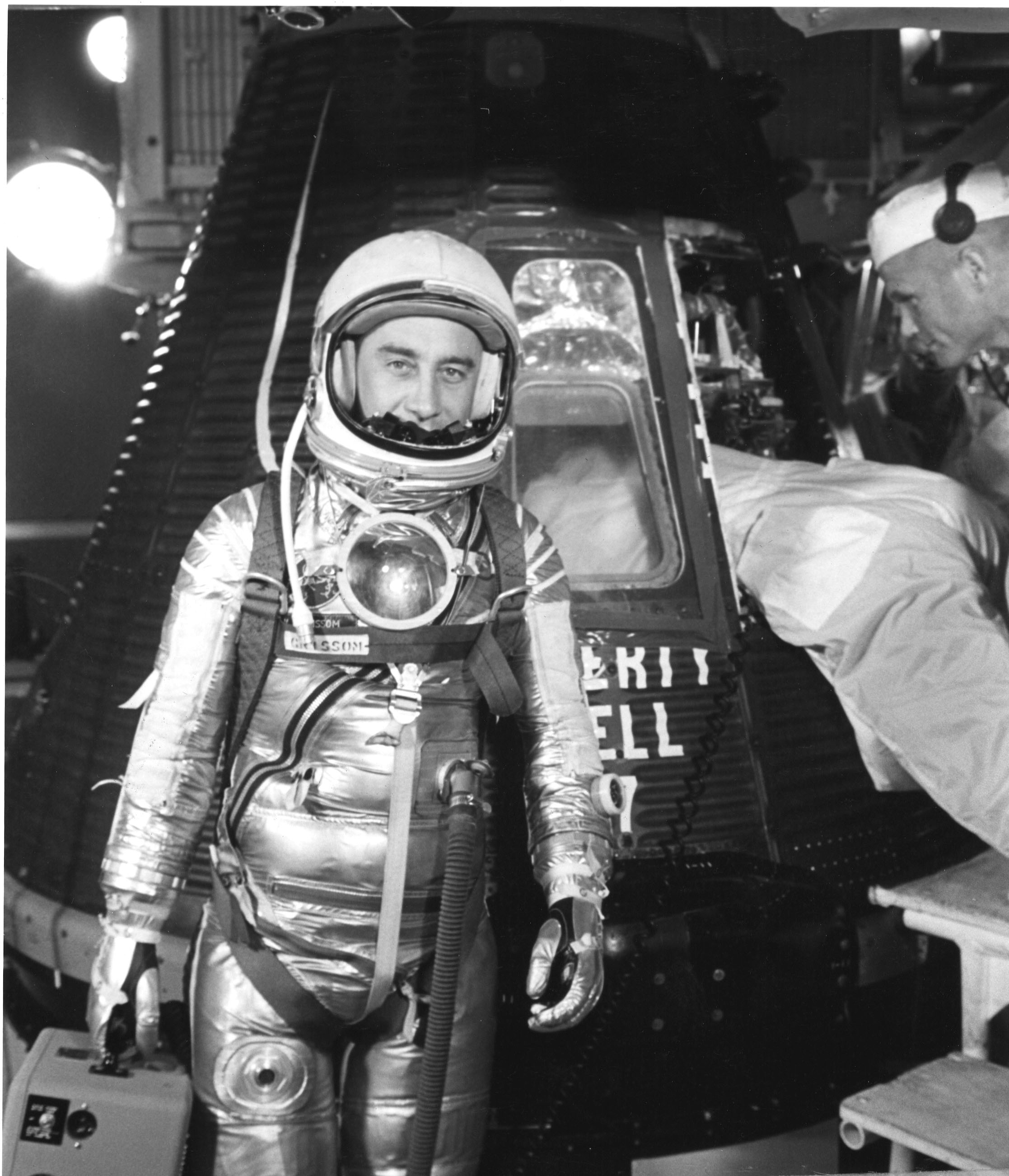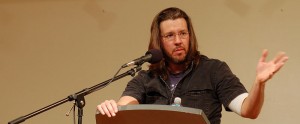I’ve barely read any science fiction in my life even though I read constantly. That’s a bad thing to admit, right?
In Ed Finn’s Slate interview with Neal Stephenson, tied to the publication of his latest novel, Seveneves, the author briefly comments on the existential threats we face. The exchange:
Question:
The story is a meditation on existential threats to the species. Having not so long ago founded Hieroglyph, a project dedicated to optimism, what do you think we should be most worried about and how do you see our chances?
Neal Stephenson:
Well, aside from the threat of a big asteroid impact, the thing that we should be worried about is climate change, which is going to happen. There’s no way to make it not happen now. I think that dwarfs everything else.
Question:
Do you see yourself as essentially an optimist in the long-range survival of the species?
Neal Stephenson:
Yes, I think that we’ve got the prerequisites that we need in the way of technical know-how and resources. There’s a lot of energy. There’s a lot of stuff for us to work with. Solving problems has become a kind of routine operation, and so now it’s really a matter of organizing people in some way that doesn’t have terrible side effects.•




